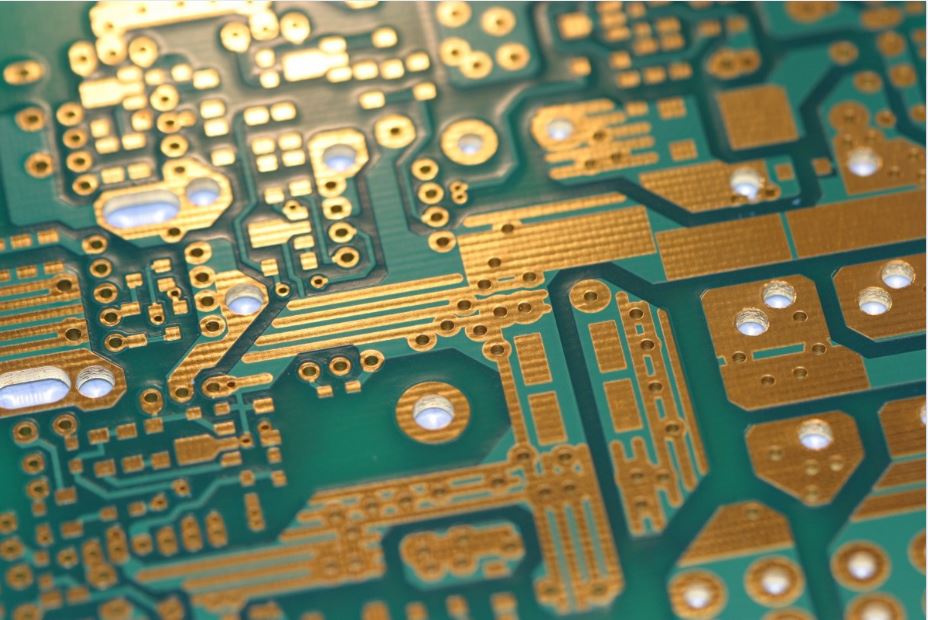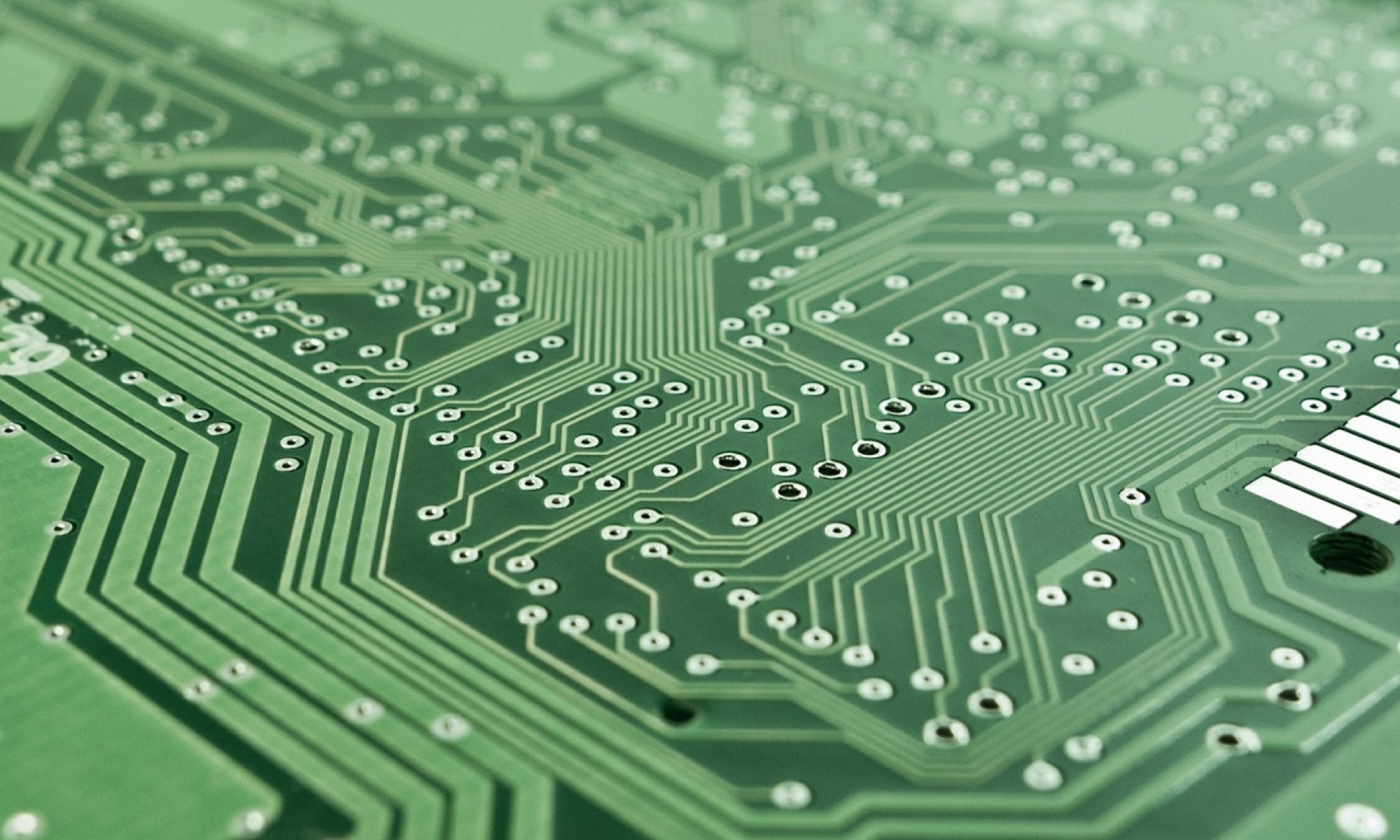According to an Oct. 3, 2018 article by Kirstin Linnenkoper in Recycling International, a research team at the University of Edinburgh, lead by Professor Jason Love, are developing a new chemical reagent to more effectively extract gold from electronic scrap.
“Around 7% of the world’s gold is inside e-scrap, of which less than one-third is currently salvaged, according to project leader Professor Jason Love. One tonne of gold ore contains around up to 5 grams of pure gold. However, a tonne of discarded mobile phones easily holds 300 grams of the valuable metal, Love says. The chemical reagent pioneered by in Edinburgh effectively recovers ‘a very high purity of gold’ from various types of discarded electronics. First, the researchers place the printed circuit boards in a mild acid to dissolve metallic parts. An oily liquid containing the new reagent is then added, which allows gold to be extracted selectively from the complex mixture of metals found inside electronics. Professor Love explains that, normally, one molecule of reagent binds directly to a metal molecule. The innovative compound uses a different type of chemistry and can bind to clusters of gold molecules instead of just one. ‘This means you can use a lot less of it to recover the same amount of gold,’ he says.”
The researchers hope to find ways to recover other metals, including valuable (e.g. palladium, platinum, and neodymium), common (e.g. copper and tin), and toxic (e.g. lead and cadmium) metals. Similarly, they are interested in exploring chemical means to more effectively recover plastics from electronic scrap.
Read the full article at https://recyclinginternational.com/e-scrap/scottish-researchers-find-way-to-target-metals-in-e-scrap/.
Learn more about the research of Professor Love’s group, and find links to their publications at https://jasonlovegroup.wordpress.com/.
The United Nations Environment Programme (UNEP) 2011 publication, “Recycling Rates of Metals: A Status Report” can provide further background context: https://wedocs.unep.org/bitstream/handle/20.500.11822/8702/-Recycling%20rates%20of%20metals%3a%20A%20status%20report-2011Recycling_Rates.pdf?sequence=3&isAllowed=y.
Finally, visit https://ifixit.org/recycling for more information on why electronics recycling is not as effective a practice as one might think.

